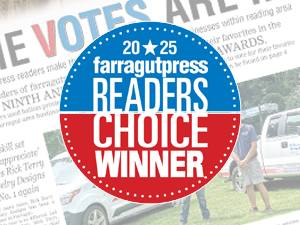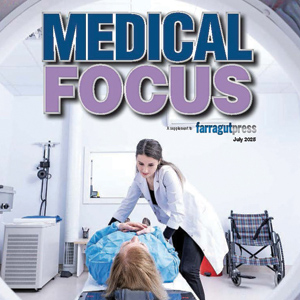Back to school virtual, hybrid?
KNOXVILLE — With the upcoming 2020-21 school year scheduled to start in a little more than a month, Knox County Schools Community Reopening Task Force had its second meeting Monday, June 29, at Sarah Simpson Professional Development Center.
The Task Force, which is chaired by Dr. Jerry Askew, president of The Alliance For Better Nonprofits, was comprised of nine community leaders chosen by members of Knox County Board of Education; each of the nine members selected a community or business leader from their respective districts. Susie Carr represents 5th District (including Farragut) on the Task Force.
First meeting of the Task Force was Wednesday, June 24, as Askew and KCS superintendent Bob Thomas mulled through data from a community survey, which was conducted from June 1 to June 19 online on the district’s website. It had more than 30,000 respondents from teachers, parents, administrators and students.
At the second meeting, Task Force members submitted questions to Thomas and other members of KCS administration. The meeting took place just hours after Gov. Bill Lee extended Tennessee’s State of Emergency through Aug. 29.
“We would like to have students back in the schools by Aug. 10, and unless we are told by a higher entity, we’re planning on having schools open on Aug. 10,” Thomas said.
Thomas and Board of Education chair Susan Horn (5th District, including Farragut) said they would like to see all students in the classrooms when schools are slated to reopen in 37 days.
But that may not happen.
Knox County Schools has three scenarios for reopening next month. The first model would have all students returning to school in-person. The second model is holding all classes online, as KCS just became a 1-on-1 school district thanks to millions in state funding, allowing all students access to computers.
Internet access for all, however, is a work in progress as KCS considers purchasing “hot spots” for those students currently not receiving Internet. The broader question was how to efficiently and cheaply provide Internet services to those in rural and inner city communities?
The third model is a hybrid, where classes would be held online one day for roughly half the students at each school, and in-person for the other half, then reversing the order the next day.
Steve Rudder, KCS director of Research & Assessments who outlined the three main options during the June 24 meeting said 54 percent of survey respondents chose in-person back-to-school versus about 30 percent choosing the hybrid model.
“We all know that students learn better when they’re in the classroom and have direct access to their teachers,” Horn said Monday.
However, “We did plan to have a virtual model for people who don’t feel comfortable sending their children to school physically,” Rudder said June 24.
He also said extending the school year into June was unpopular in the survey: “The students, teachers and administrators do not like this idea.”
Askew encouraged Task Force members to continue submitting questions “before I make my presentation
to the Board” at its next work session meeting Wednesday, July 8.
That meeting is set to begin at 5 p.m. in the Andrew Johnson Building. It also will be streamed on the KCS website.
Thomas then would make his decision on re-opening at the board’s regular session meeting Wednesday, July 15.
A myriad of issues were addressed Monday, which also included accommodating students with disabilities and other medical issues, difficulties of social distancing on school buses and how to hold students accountable during online classes.
“What happens in the school system affects all areas of the community. It affects the economy because parents have to work ...,” Horn said Monday.


